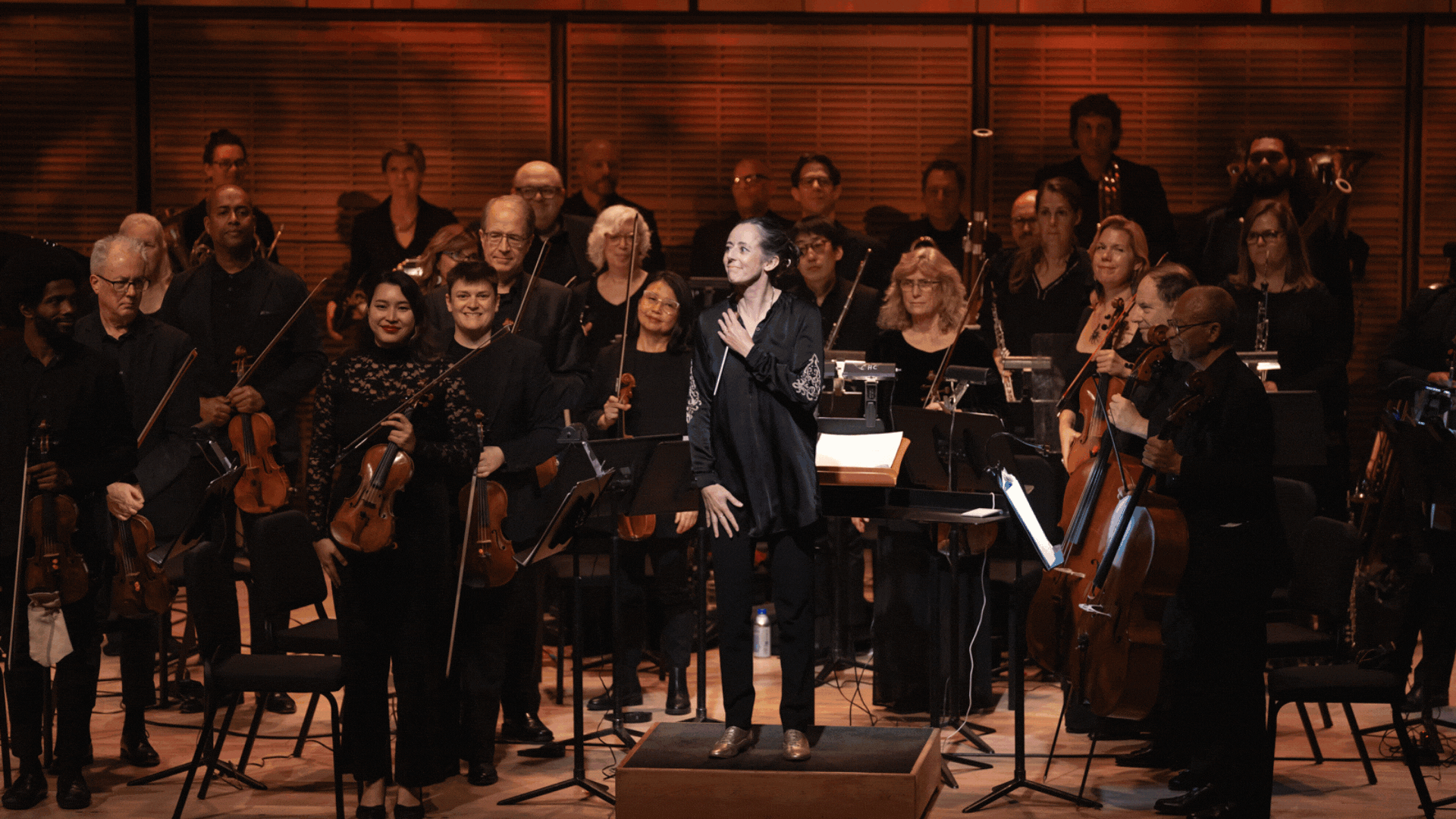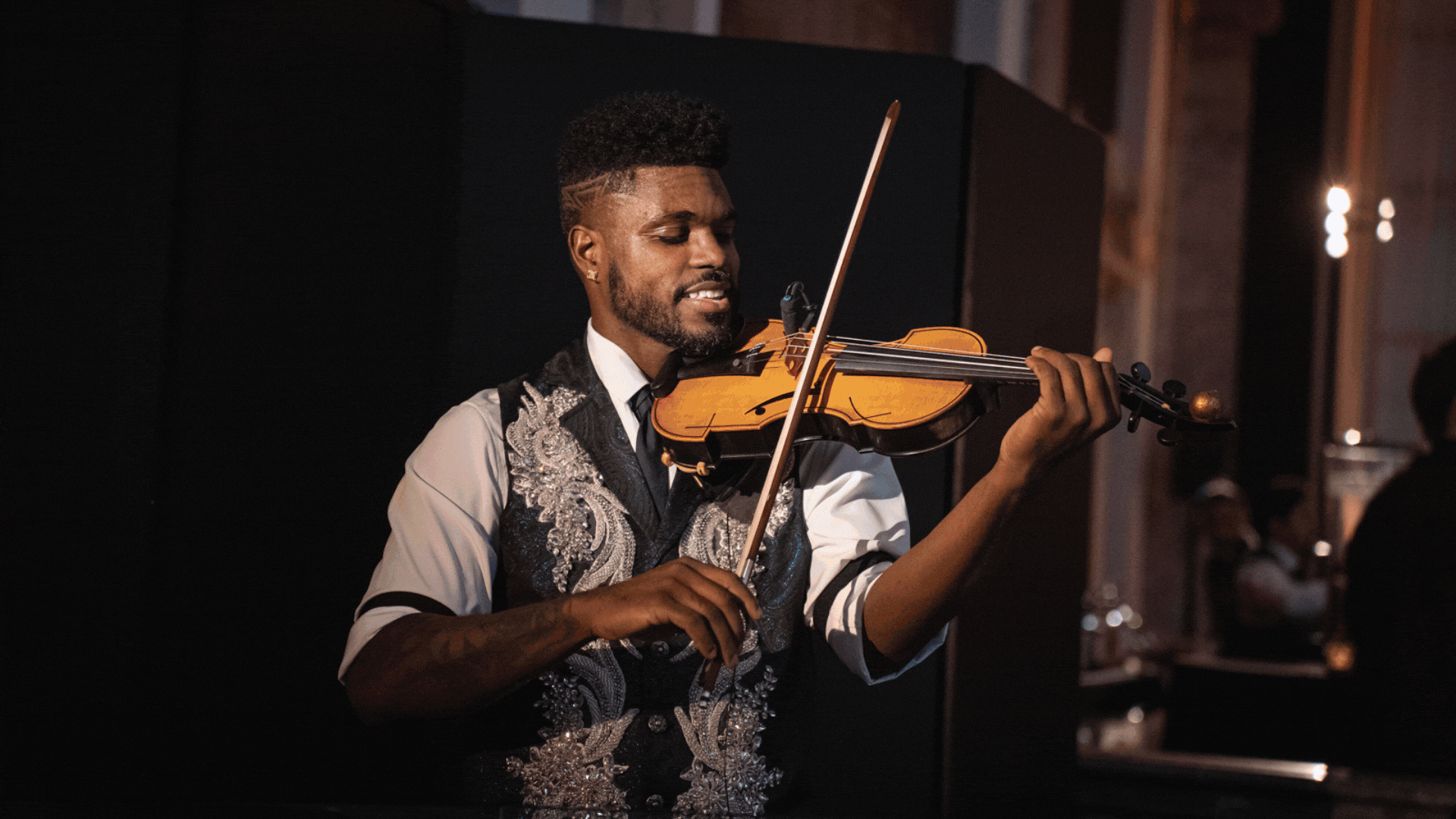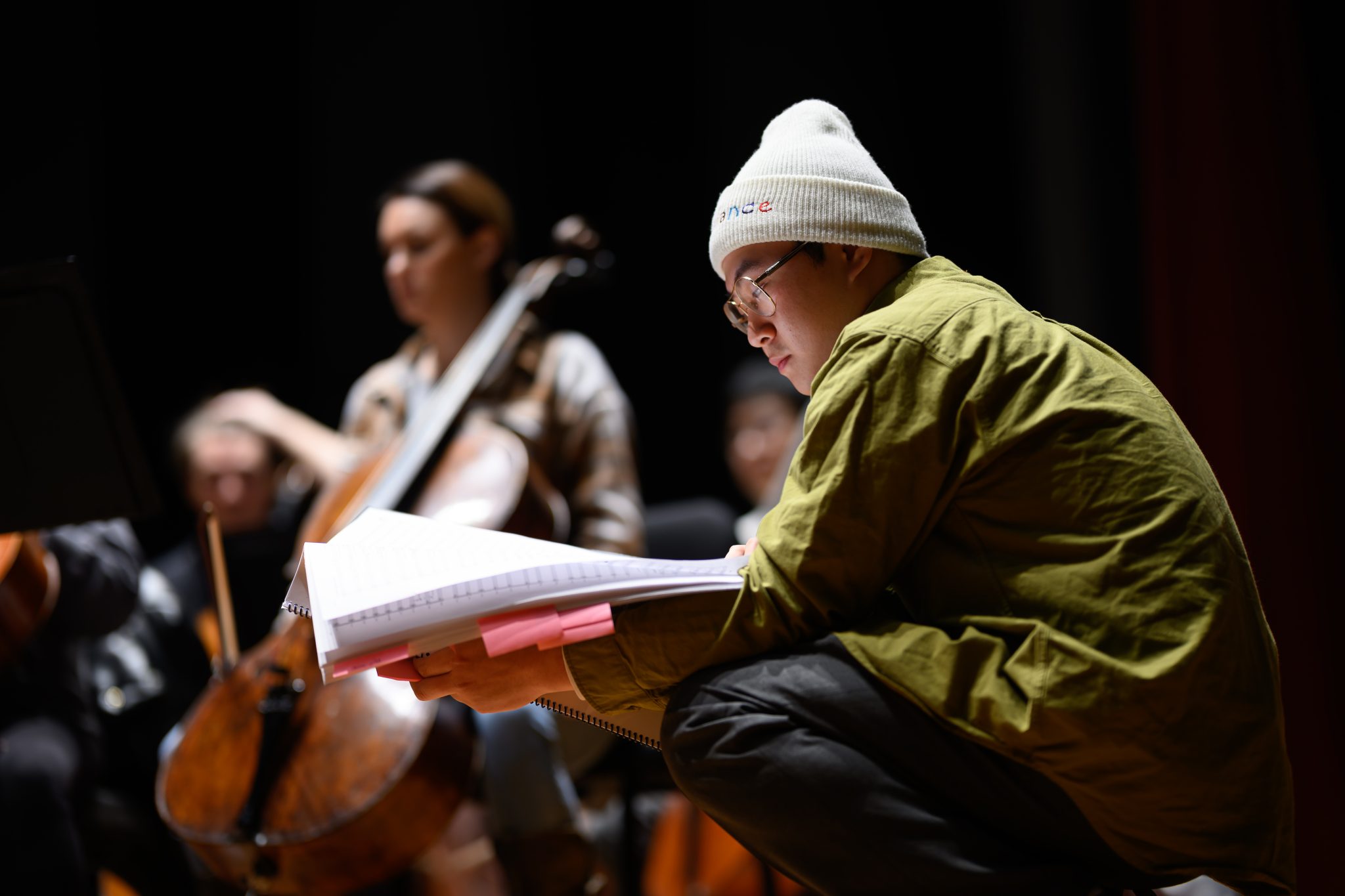Jazz Composers Orchestra Institute Spotlight – Composer Michael Dessen - Part Two

"But my dream for the future is to create pieces for, and in a sense, with orchestras that I call "scorestreams," which are dynamically generated scores displayed on networked screens." - Michael Dessen
Find out from composer Michael Dessen what participating in Jazz Composers Orchestra Institute La Jolla Symphony New Music Readingsmeans to him as a jazz composer and about his dream of creating dynamically generated scores displayed on networked screens called “scorestreams.” Here is Part Two of our Q&A with Michael Dessen.
American Composers Orchestra: What does this experience mean to you as a jazz composer? What would you like to say to other jazz composers who may be interested in applying to JCOI?
Michael Dessen: I'm not sure what it even means to be a "jazz composer" these days, and I'll leave it to others to decide whether the label fits me since I don't really care, but it is true that jazz traditions are one of the core inspirations for my music. But it's not just the sonic vocabulary or musical forms in jazz that are important for me. I'm also referring to the methods that jazz musicians developed for creating their music, the way their work embodied particular values, ideas, ways of being together in the world. Jazz musicians throughout the last century established a sophisticated set of new compositional techniques, but they also moved in very fluid ways across conventional boundaries between composer and performer.
Of course plenty of composers throughout history have also been performers, but I'm referring to something more. Performing in jazz goes way beyond interpreting a composer's ideas - it requires you to make choices that are also compositional ones, and the context in which this takes place is also a community affair, since musicians move frequently among different roles and power relationships, being a sideperson one day and a bandleader the next, and learning from all these collaborative experiences. So for me, the legacies of jazz really unsettle this whole idea of single authorship in a fundamental way, while still retaining certain benefits of that tradition such as working with complex, precomposed musical structures.
Even an early, iconic jazz composer like Duke Ellington had a deeply collaborative notion of composition, and depended on his performers to bring their personal voices to the music. This contrasts with what you usually find in the world of orchestral music, where musicians expect extremely precise instructions from composers, and where the size of the ensemble typically precludes the extensive rehearsal time required to bring the players' individual sounds and identities more fully into the creative process itself. But I can also imagine a future for the orchestra that embraces new ways of working, and does so without throwing tradition out the window. I also know that orchestral musicians do think of their own sound in very personal terms, and that most would enjoy opportunities to work collaboratively with composers, the way that contemporary music chamber ensembles are doing more and more today.
So to answer your first question, I have to confess that this JCOI experience is part of a longer-range plan for me. For this first piece, I'm focused on improving my skills writing for orchestra, so I decided not to include improvisation, technology or anything too outside the box in terms of method. But my dream for the future is to create pieces for, and in a sense, with orchestras that I call "scorestreams," which are dynamically generated scores displayed on networked screens. I've created several of these for small ensembles in the past few years. My scorestreams are basically custom software applications that contain a kind of logic for navigating a collection of musical notations. This gives each piece a recurring identity across performances, but each performance is also different because both the software and the musicians can make different choices. It'll be a challenge to find an orchestra willing to take the time to really experiment with me on this, but I'm optimistic it could happen. The Brussels Philharmonic recently started using Samsung tablets to read music, and clearly our future is increasingly paperless, so pretty soon one of my biggest logistical hurdles - how to get access to that many tablet screens - will disappear. And when that happens, orchestras will eventually discover that in addition to being a cost-effective substitute for sheet music, touch screens and computer software open up many new possibilities for extending the ways we create music together.
About the 2nd question, I would just say that if the orchestra is a resource that could be useful to you in expanding your own music, don't be afraid to just dive in, pay some dues through study, and most of all imagine your own relationship to the orchestra and seek ways of putting that into practice. And right now JCOI is one of the best ways, maybe one of the only ways, for jazz composers to go through this process, so I hope they keep the program going. Also, orchestras carry a huge organizational apparatus and can be quite rigid about notation and other conventions, all of which can seem like obstacles for those of us used to working in looser, small group contexts, but Steve Schick made a comment on this at JCOI last summer that was especially inspiring to me: He suggested that despite all of those constraints, we should remember that the orchestra is basically huge group of musicians eager to work with you to make music together, ultimately not that different than any other band. I realized that this is how I felt intuitively about orchestras when I first started playing in them as a teenager, and that this spirit of cooperative music making is still what makes it exciting for me to return to the orchestra now as a composer coming from improvisatory traditions.
Corporate gifts to match employee contributions are made by Goldman Sachs, Deutsche Bank, Triton Container International Incorporated of North America, and Neiman Marcus.
Public funds are provided by the New York City Department of Cultural Affairs in partnership with the City Council, and the New York State Council on the Arts with the support of Governor Kathy Hochul and the New York State Legislature, Office of Brooklyn Borough President Reynoso, and the National Endowment for the Arts.






